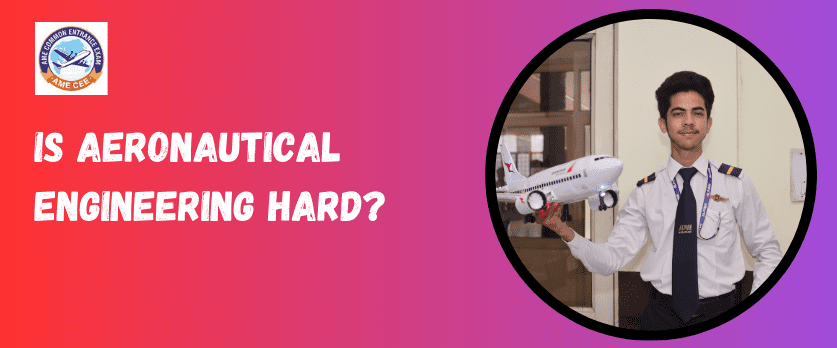Yes, aeronautical engineering is generally considered a challenging field of study. Like aerospace engineering, aeronautical engineering involves complex subjects such as aerodynamics, propulsion, materials science, and structural design. Students pursuing aeronautical engineering need a strong foundation in mathematics and physics, as well as analytical and problem-solving skills.
The difficulty of aeronautical engineering lies in the application of theoretical principles to real-world problems, aircraft design, and the integration of ghostwriterspreise various engineering disciplines. Despite its challenges, individuals with a passion for aviation and aircraft technology often find the field intellectually stimulating and rewarding.
10 Frequently Asked Questions Related To “is aeronautical engineering hard?”
Q1. Is Aeronautical Engineering a difficult field of study?
A. Yes, it is challenging due to complex subjects like aerodynamics, propulsion, and materials science.
Q2. What makes Aeronautical Engineering difficult?
A. The application of theoretical concepts to practical aircraft design and the integration of diverse engineering principles contribute to its difficulty.
Q3. Do I need strong math and physics skills for Aeronautical Engineering?
A. Yes, a solid foundation in mathematics and physics is essential to understand and apply engineering principles.
Q4. Are there specific skills required for success in Aeronautical Engineering?
A. Analytical thinking, problem-solving skills, and a keen interest in aviation technology are crucial for success.
Q5. Can anyone pursue Aeronautical Engineering, or is it only for experts?
A. While it’s open to all, a passion for aviation and a willingness to tackle challenging subjects are beneficial.
Q6. How can I prepare for the challenges of Aeronautical Engineering?
A. Strengthen your math and physics knowledge, explore related projects or internships, and stay updated on industry advancements.
Q7. Are internships important in Aeronautical Engineering?
A. Yes, internships provide practical experience, exposure to real-world challenges, and opportunities to apply classroom knowledge.
Q8. Can I specialize in a specific area within Aeronautical Engineering?
A. Yes, specializations may include aerodynamics, avionics, propulsion, and aircraft design, depending on your interests.
Q9. Is Aeronautical Engineering only about airplanes, or does it include other areas?
A. It encompasses various aerospace aspects, including airplanes, helicopters, spacecraft, and unmanned aerial vehicles.
Q10. Is the difficulty of Aeronautical Engineering outweighed by its rewards?
A. Many find the challenges rewarding, as Aeronautical Engineering contributes to technological advancements and innovations in aviation.
To become an aeronautical engineer you may could join aeronautical engineering through AME COMMON ENTRANCE EXAM (AME CEE) this examination you may join Aeronautical Engineering approved by AICTE.


